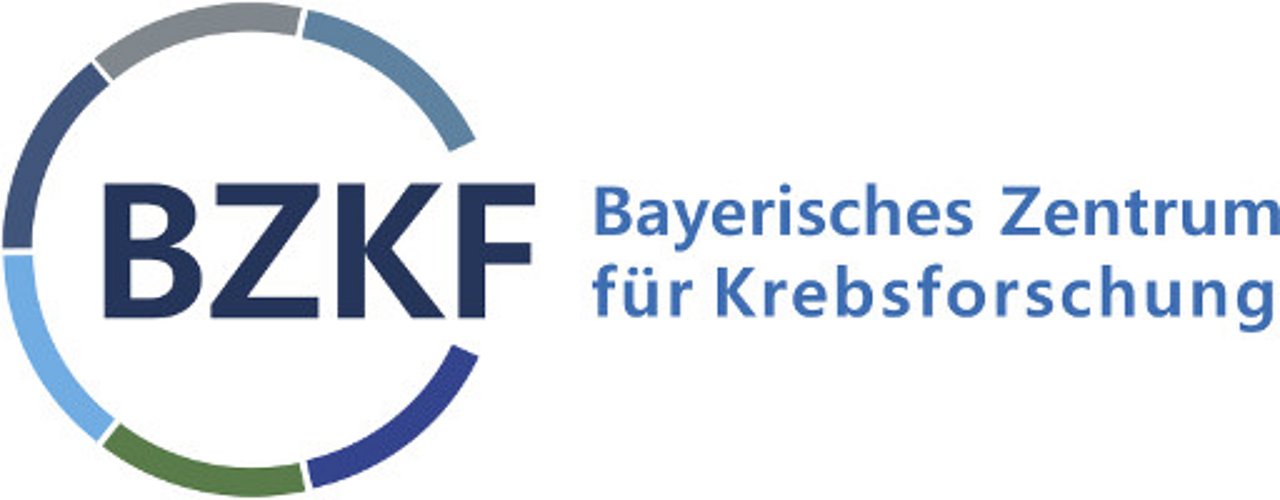Neurodermatitis
Atopic eczema, also known as neurodermatitis or atopic dermatitis, is a chronic inflammatory skin condition characterised by flare-ups and by a rash that usually causes severe itching. The condition usually first appears during childhood, and in adults the areas on the insides of the knees and elbows as well as the back of the neck and hands are most commonly affected. The condition is caused by a disruption to the barrier function of the skin, which allows allergens from the environment to penetrate, as well as making it easier for bacteria and viruses to populate the skin, thus exacerbating the inflammation.
Cooperation Partner
What causes atopic eczema?
The cause of the disease is not yet fully understood and experts presume it is caused by a wide variety of factors. It is assumed that there is a connection between hereditary and environmental factors. Children whose parents already suffer from one or more atopic diseases are more likely to develop neurodermatitis.
A disruption of the barrier function of the skin means that the skin is weakened, dry and flaky, making it more susceptible to all kinds of external influences and thus also to bacterial infections. As a result, the immune system is also increasingly confronted with substances from the environment such as the faeces of dust mites, animal hair, and pollen. This can lead to sensitisation and allergic reactions occur to substances that are actually harmless due to the immune system’s excessive reaction to these substances.
Several factors can cause atopic eczema or promote the occurrence of the disease. These include:
- Materials that irritate the skin, such as clothing made of wool
- Colonisation of the skin with viruses, fungi or bacteria (microbial antigens)
- Contact with cleaning products
- Factors that dry out the skin such as frequent washing
- Contact with preservatives and perfumes in cosmetics
- Allergens that are inhaled or consumed or that come into contact with the skin
- Mental strain
- Environmental pollutants such as diesel fumes
- Stress
- Climate factors
Symptoms: Which complaints are typical for atopic eczema?
Typical symptoms of atopic eczema include inflamed skin and sometimes agonising itching. However, the specific symptoms the disease causes vary considerably from one patient to another, depending on its severity. The most common ones include:
- Severe itching of the skin
- Skin that is generally dry
- Patches of red and inflamed skin
- Pustules
- Papules
- Extensive patches of coarse, thick skin
- Additional allergies such as allergic asthma bronchiale or hay fever
Treatment: How can the Deutsches Zentrum Immuntherapie (DZI) help?
With its experienced team, the Department of Dermatology, which is part of the DZI, offers patients with neurodermatitis the best possible treatment available. Various types of treatments are used, depending on the severity of symptoms.
The first step involves consistent basic therapy in the form of well-balanced skin care and training patients how to identify and avoid triggers such as allergens and stressful situations. This can be complemented by UV light therapy or by using glucocorticoids (cortisone).
Furthermore, the DZI provides patients with access to modern methods of immunotherapy for treating neurodermatitis. Topical immunotherapy can, for example, inhibit the messenger substances that stimulate immune defence. Calcineurin inhibitors such as tacrolimus and pimecrolimus are used during these therapies.
Another option is systemic immunotherapy, which aims at suppressing the excessive reaction of the immune system. However, it is only considered if topical treatments do not achieve satisfactory and lasting results. The immunosuppressive drug dupilumab (IL-4 receptor blocker) is often used in this case. It is the first biopharmaceutical to be approved for treating moderate to severe atopic eczema in adults and children from the age of twelve and is very effective. Baricitinib, an immune system inhibitor (Janus kinase inhibitor) administered in tablet form, was recently approved for use in adults.
Further new treatment approaches with biopharmaceuticals and synthetic substances are currently undergoing clinical trials. Patients can also be included in clinical trials at the German Centre for Immunotherapy (DZI) and its participating hospitals.
Specific immunotherapy known as hyposensitisation can also be used to manage the allergies that cause flare-ups in atopic eczema. In addition, the Department of Dermatology offers modular and interdisciplinary patient training for children, teenagers, adults and parents of babies and children affected by the condition.
Do you have any questions on the treatment of atopic eczema? Please feel free to get in touch with us by phone, e-mail or via our contact form.




